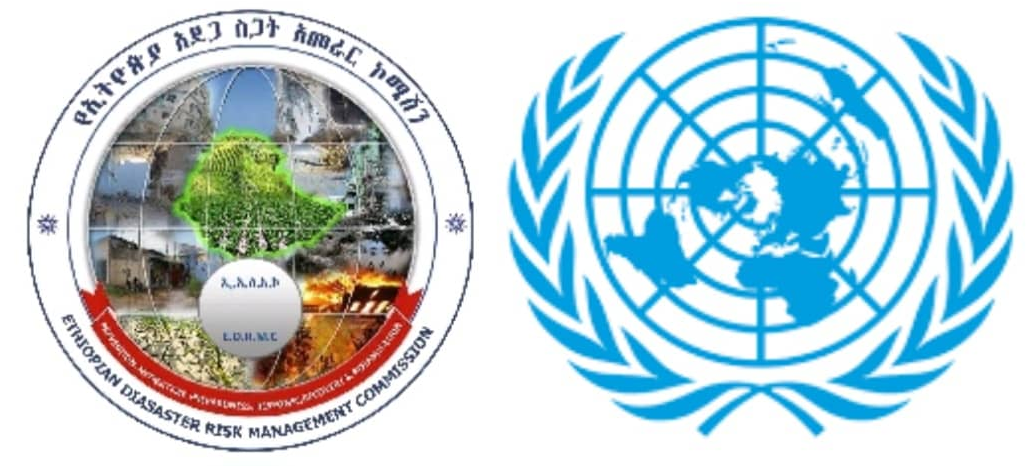Redoubling Efforts with Sense of Urgency Necessary to Address Humanitarian Situation in Ethiopia: Disaster Risk Management Commission and UN Resident Humanitarian Coordinator - ENA English
Redoubling Efforts with Sense of Urgency Necessary to Address Humanitarian Situation in Ethiopia: Disaster Risk Management Commission and UN Resident Humanitarian Coordinator

Addis Ababa, January 09/2024 (ENA) Despite severe resource constraints and operational difficulties, including active clashes in some pocket areas, the Ethiopian government and humanitarian donors are stepping up life-saving efforts in the most affected areas, according to the Ethiopian Disaster Risk Management Commission and the UN Resident and Humanitarian Coordinator.
The Ethiopian Disaster Risk Management Commission and the UN Resident and Humanitarian Coordinator issued a joint statement on current humanitarian situation in Ethiopia today.
The statement noted over three rounds of food distributions at least once between July and December 2023; between May and November, the Ethiopian government reached at least 7.3 million people.
Close to 4 million people in drought-affected regions, including Afar, Amhara, Tigray, Oromia, Southern, and Southwest, require urgent food assistance, according to the Ethiopia Disaster Risk Management Commission and the Food Cluster.
Since mid-December, with the resumption of WFP and CRS/JEOP food assistance, partners have provided food aid to approximately 6.5 million people in the Amhara, Tigray, Somali, and Afar regions, it said.
It added that redoubling such efforts with the highest sense of urgency is necessary to address the current challenging humanitarian situation.
All efforts are underway to reach out to the prioritized beneficiaries in the month of January 2024, it said.
“Donors must frontload funding to scale up the response this January. Timely responding by enhancing financial support for humanitarian operations is critically imperative to make meaningful and lifesaving interventions in all affected regions,” it stressed.
According to the statement, the Ethiopian government and bilateral and multilateral development partners in close collaboration and coordination have been accelerating agricultural and food security, humanitarian programs in line with national development priorities and needs.
While these endeavors have brought tangible results in enhancing production and productivity; recurrent droughts would require sustained commitment and partnership from all actors to address major humanitarian situation due to cycles of multiple, often overlapping crises, which severely weakens communities’ ability to cope, it said.
An integrated multi-sectoral humanitarian response is urgently needed in drought-affected regions to avert compounding situations, it said.
Humanitarians and government operators are on the ground and have the necessary experience, expertise, and established structures and they are ready to deliver.
The overlap of acute food insecurity, high malnutrition rates, severe water scarcity coupled with a surge in disease outbreaks (malaria, measles, and cholera), and livestock impacts are worsening the situation in drought-affected regions.